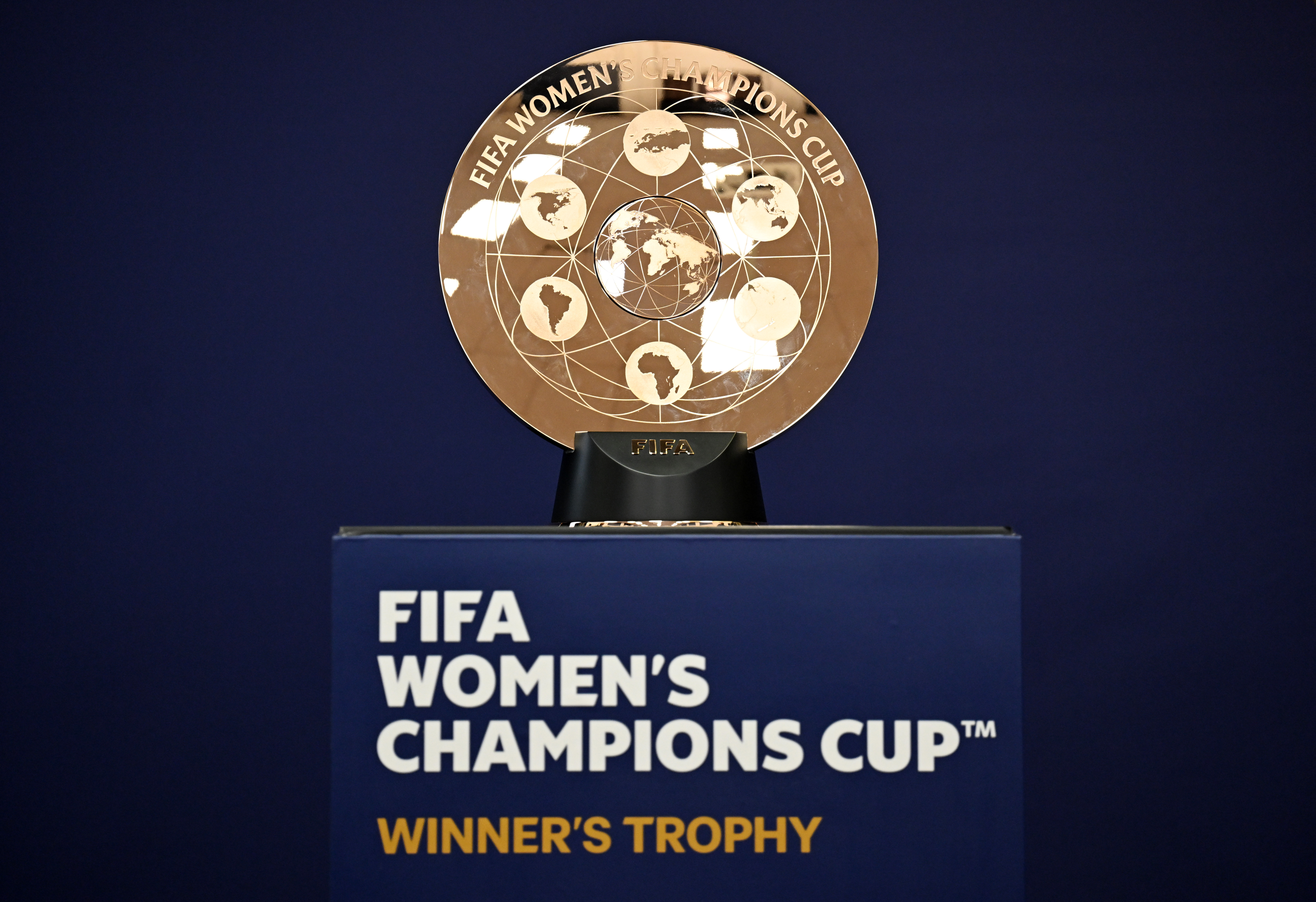What football can do to tackle rise of hooliganism and why it must act now
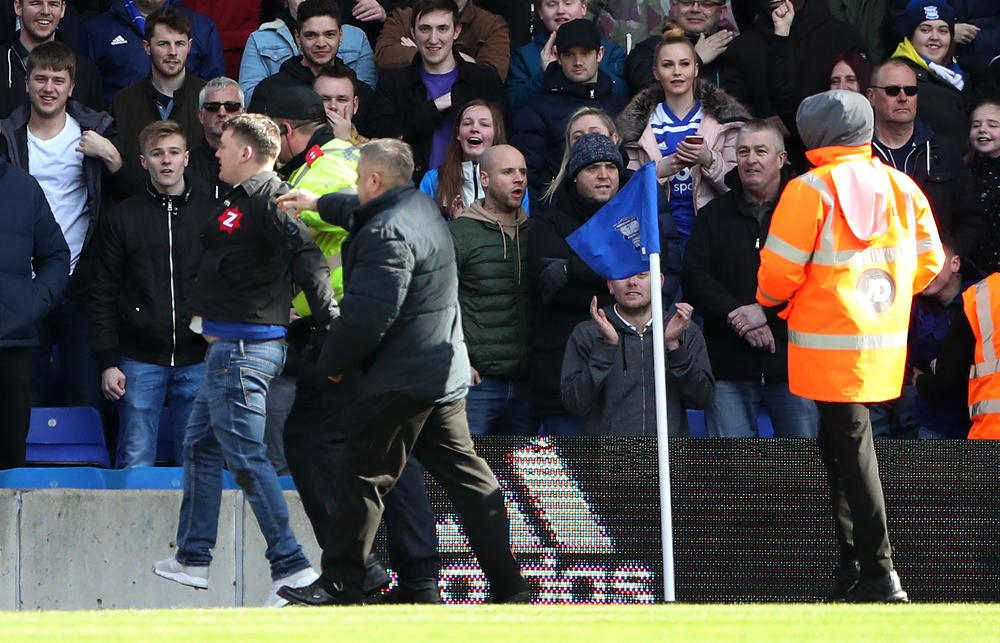
Pitch invasions by lone fans at Arsenal, Birmingham and Hibernian over the weekend have provoked widespread criticism, with some politicians and pundits wondering if they represent a return to British football’s hooligan era.
Here, Press Association Sport explains what measures are in place, how the authorities have reacted and what can be done to address these problems.
What actually happened?
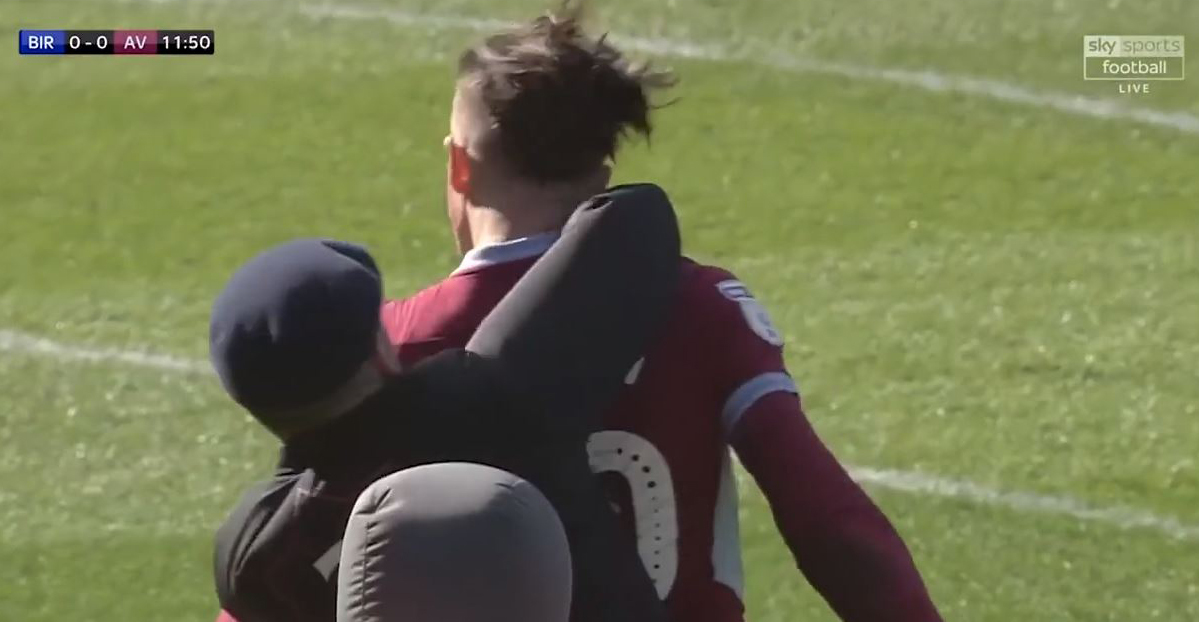
On Friday, a 21-year-old Hibs fan climbed over the hoardings to kick the ball away from Rangers captain James Tavernier as he tried to take a throw-in. The pair started to wrestle before police bundled the fan away. He has been charged but the incident came only a week after a bottle was thrown from the Easter Road crowd at Celtic’s Scott Sinclair.
On Sunday, an Arsenal fan ran onto the pitch during their game against Manchester United and pushed United’s Chris Smalling. The fan was arrested and charged, and will be banned.
But the most serious incident occurred in the Birmingham-Aston Villa game, when a Birmingham fan entered the pitch and knocked Villa captain Jack Grealish to the ground with a punch from behind. Grealish was not seriously hurt and later scored the winner. The 27-year-old fan has already pleaded guilty to assault.
How has football reacted?
"Absolutely disgusting."— Match of the Day (@BBCMOTD) March 11, 2019
Players and pundits have had their say on social media and in interviews. All have expressed anger and disgust at what happened but no consensus has emerged on what can be done to prevent this from happening again or from stopping something even worse next time. A statement from Grealish was read in court on Monday. In it, he said he felt lucky the incident was not more serious, as his assailant could have been carrying a weapon. This clearly chimed with former Wales international David Cotterill, as he told BBC Radio Wales it was perhaps time to consider armed police at games.
What about the clubs and football authorities?
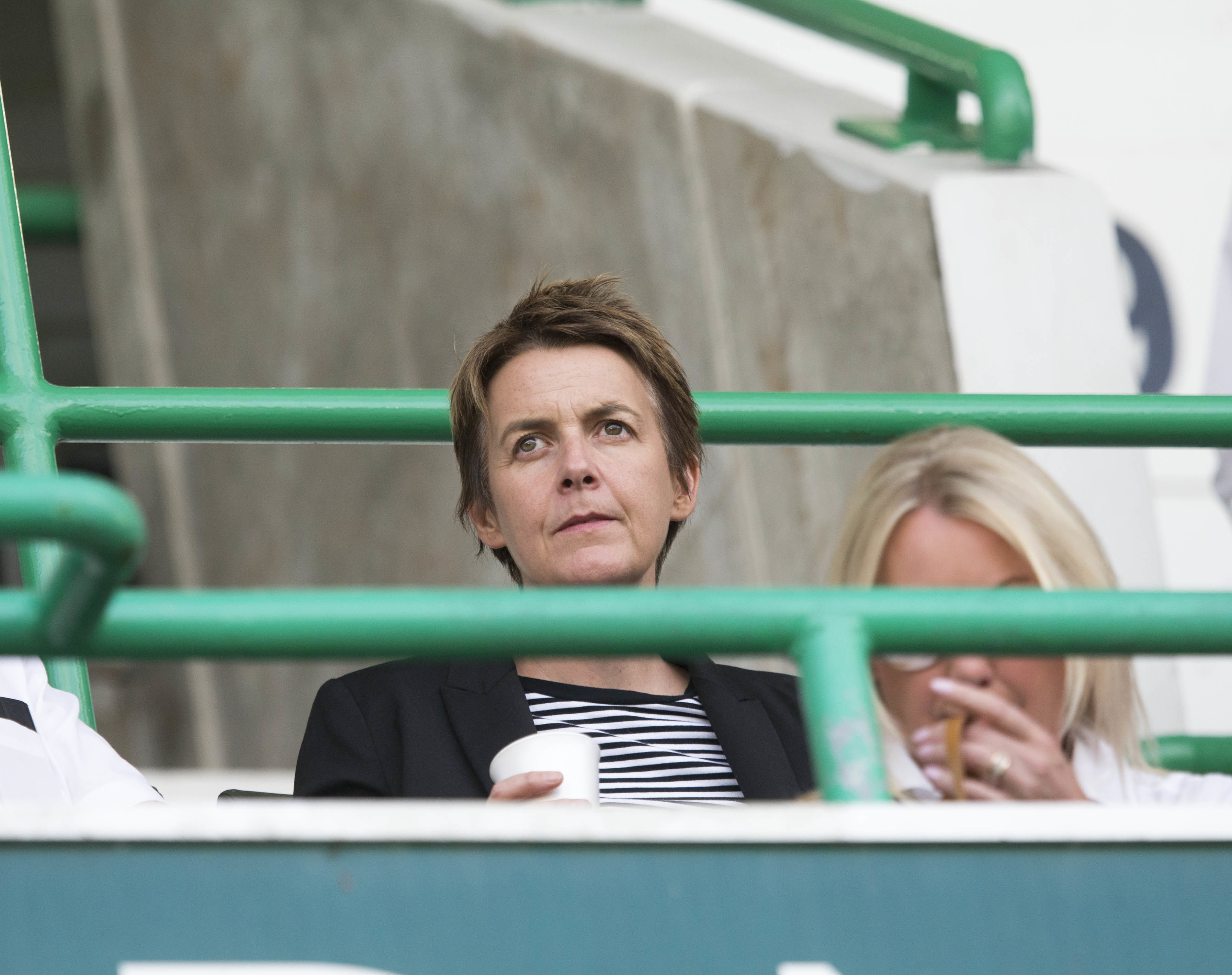
Hibs chief executive Leeann Dempster was quick to condemn the incident at Easter Road and both Arsenal and Birmingham made prompt and fulsome apologies.
The best features, fun and footballing quizzes, straight to your inbox every week.
The relevant leagues also issued their own condemnations and the Football Association and Scottish Football Association have opened investigations. The FA said on Monday afternoon that “a line had been crossed”.
The Football Safety Officers Association, which represents stewards, and Sports Ground Safety Authority, the government agency responsible for safety at stadiums, have both spoken out, although they have made the point that the vast majority of fans are well behaved and these are isolated incidents.
Are they right?

Yes, in that we are talking about three individuals among hundreds of thousands who attended games this weekend. They were arrested and have been or will be dealt with by the courts. At the very least, they can expect long football banning orders.
That, however, does not change the fact this has been a bad season for fans’ behaviour. There have been several examples of racist and sectarian abuse, in all parts of the country and all levels of the game, prompting new sports minister Mims Davies to convene an anti-discrimination summit last month.
There was also a serious fight before the Millwall-Everton FA Cup game that was caught on camera and widely shared on social media.
What can be done about it, then?
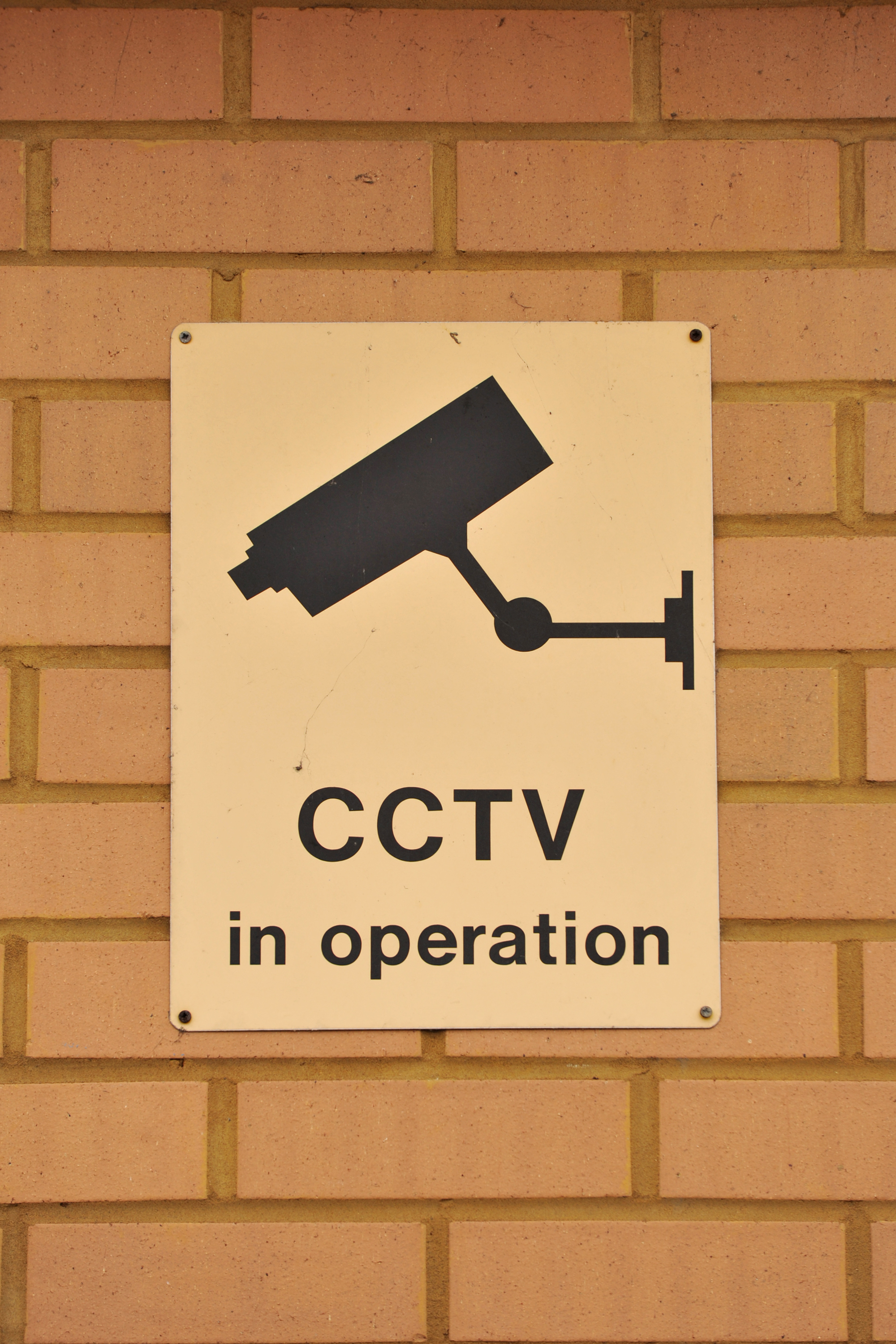
The leagues and FAs, north and south of the border, already give clubs significant advice on how to steward games and every stadium must have a safety certificate, issued by their local authority, with input from the police.
Home and away fans have been segregated since the 1970s, fans cannot drink in sight of the pitch, high-risk games are moved earlier to reduce pre-game drinking and every club uses CCTV to monitor crowds and identify troublemakers.
There are guidelines for stewards on how to deal with pitch invasions, which are against the law, and thousands of fans have received banning orders. The clubs and the authorities believe they have made huge strides in making games safer and nobody wants to see the return of fences at British grounds.
So is that it?
CLUB STATEMENT: Birmingham City Football Club would like to apologise to Jack Grealish and Aston Villa Football Club for an incident in this afternoon’s derby match.— Birmingham City FC (@BCFC) March 10, 2019
No, there is a recognition that football must address this before it is deemed to have got out of hand. As mentioned above, the three fans who invaded the pitch broke the law and will be dealt with. The criminal process takes precedence but the FA and SFA, who are the responsible sporting bodies, have already starting gathering evidence, in terms of the referees’ reports, observations from the clubs and statements from police and safety experts. Once all the perpetrators have been identified and dealt with by the clubs and courts, if applicable, the FAs will then decide if the clubs face disciplinary charges. The key issue is whether they took adequate precautions or not – did they have enough stewards, were they properly trained, did they do their jobs and so on.
What sanctions could the FAs apply?
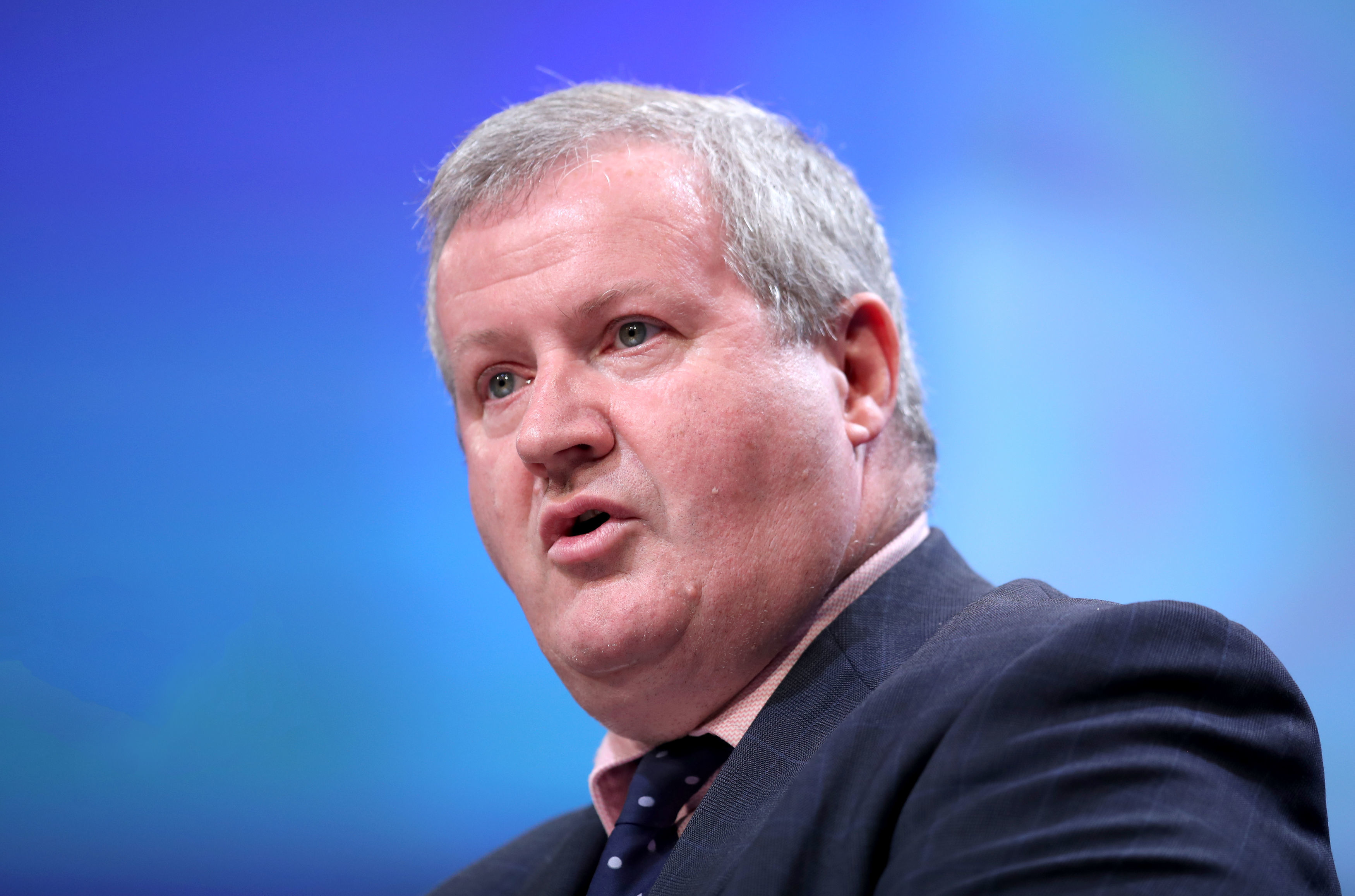
As we have seen with European football’s governing body UEFA in recent years, there is a sliding scale of penalties. The punishment could start with a specific section of a ground being closed for a period of time, up to forcing a club to play behind closed doors or even being docked points. The difficulty for the FAs is they can only punish ‘participants in the game’ and they do not view fans as participants. How fans behave at grounds is the responsibility of the clubs, which is why the FAs would only punish a club if it was deemed to be negligent. Some, including the Scottish National Party’s leader in Westminster Ian Blackford, believe this is a cop-out and would like clubs to be under strict liability for supporter behaviour. That is the only way, it is felt, that crowds will start to police themselves.
FourFourTwo was launched in 1994 on the back of a World Cup that England hadn’t even qualified for. It was an act of madness… but it somehow worked out. Our mission is to offer our intelligent, international audience access to the game’s biggest names, insightful analysis... and a bit of a giggle. We unashamedly love this game and we hope that our coverage reflects that.
 Join The Club
Join The Club






